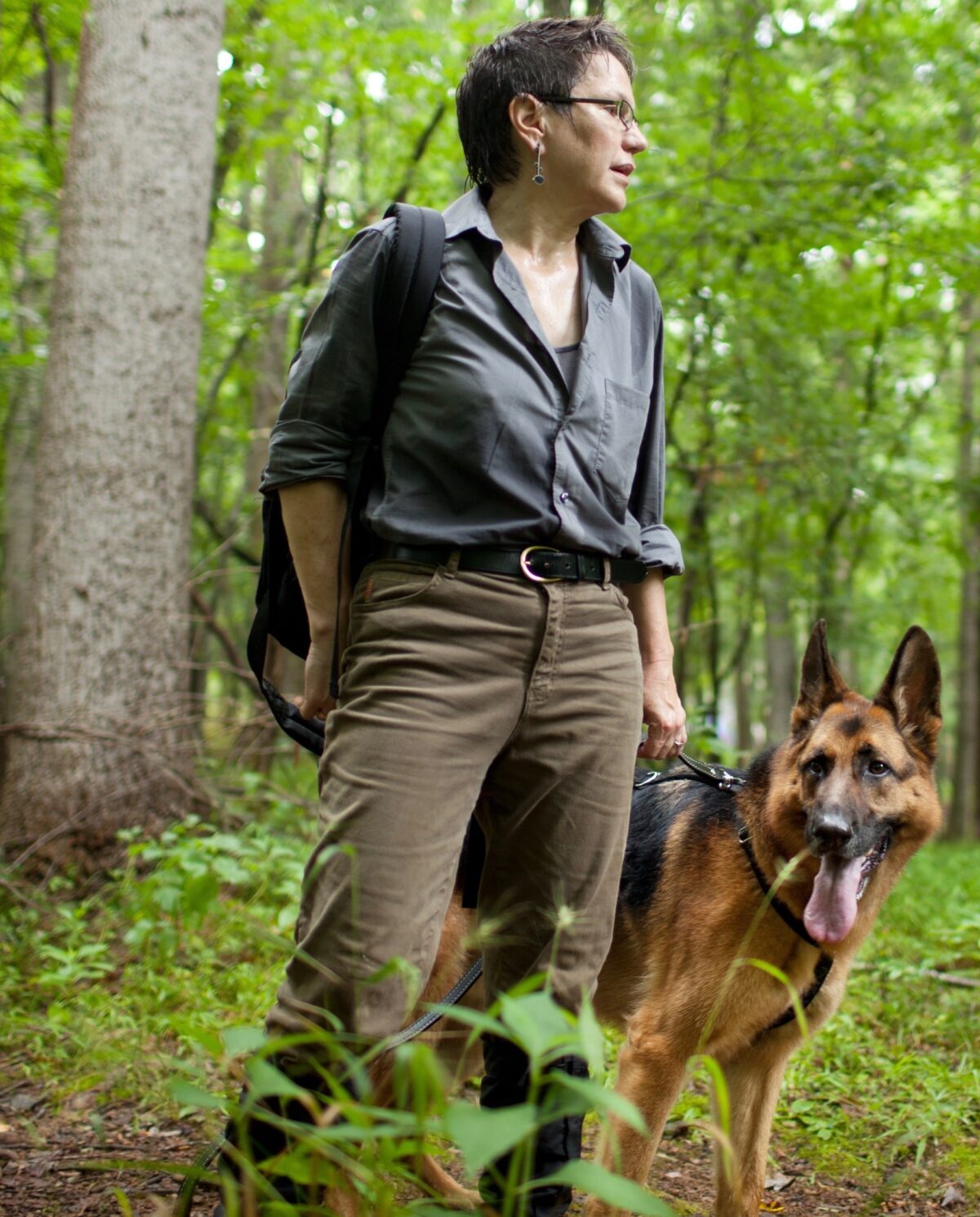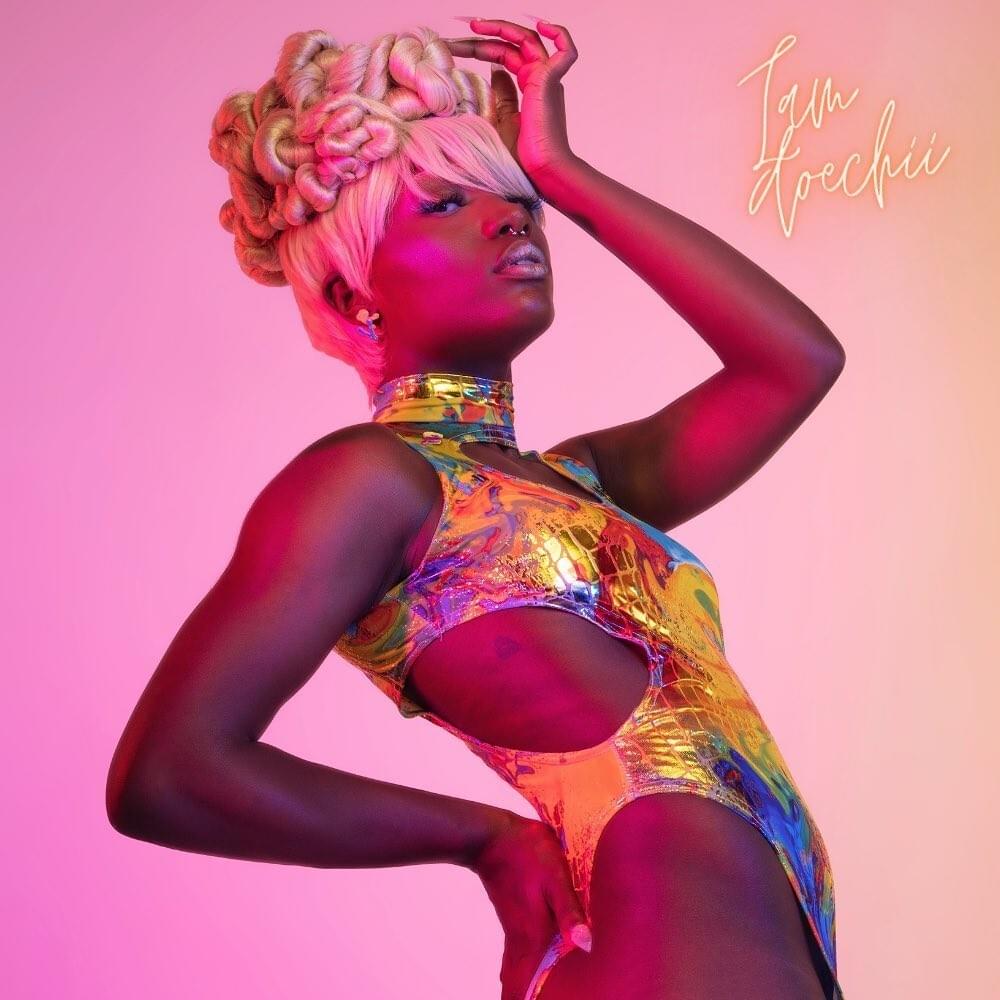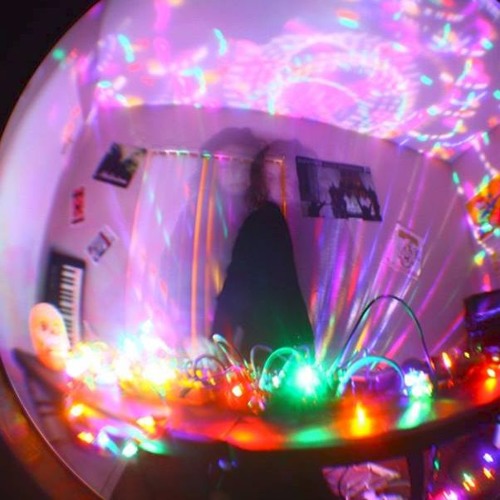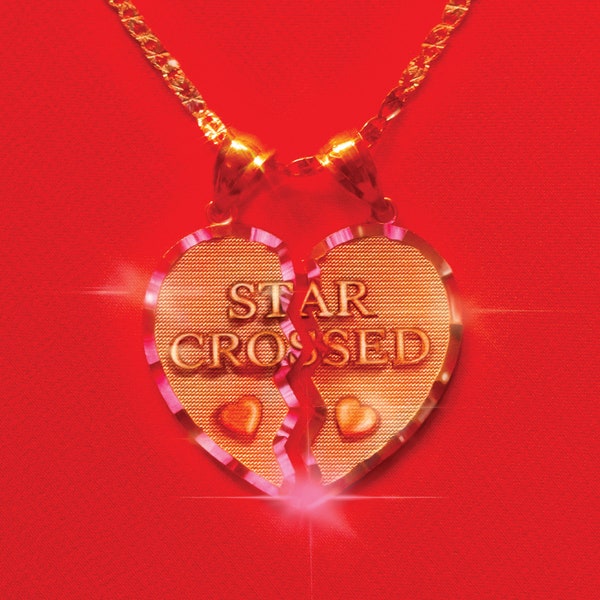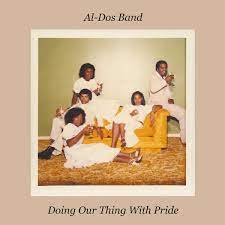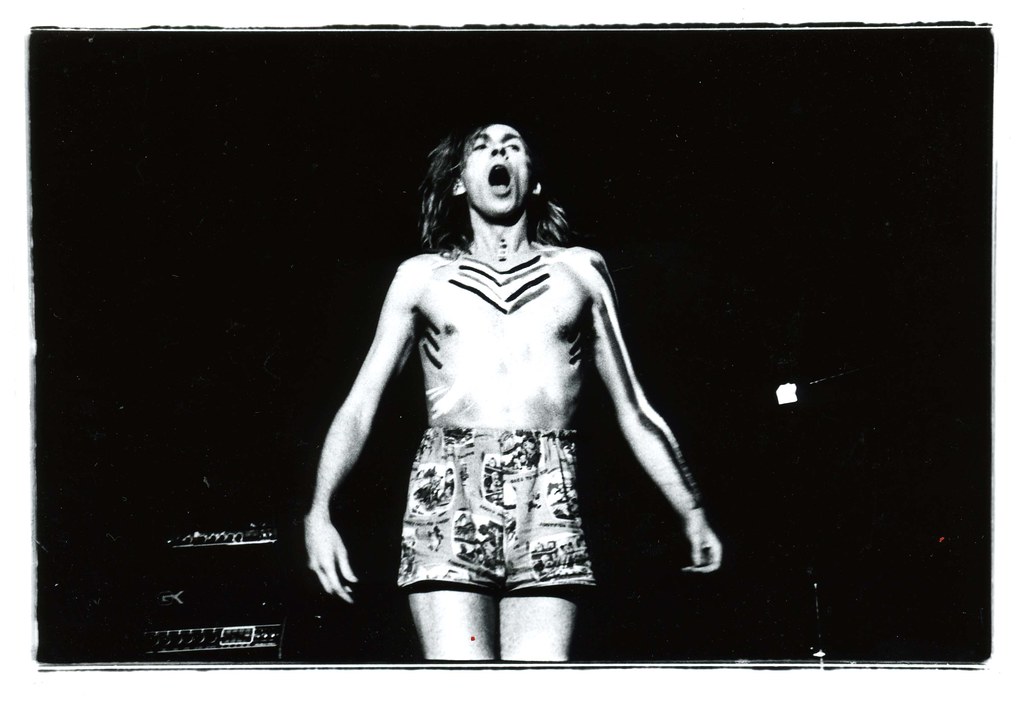The North Carolina Writers’ Network Fall 2021 Conference will be held in Durham November 19-21. This is an opportunity for aspiring writers to hone their skills and work with a variety of professional writers. Registration is open through Friday November 12th. Today, I’d like to turn your attention to one particular conference led by retiring NCSU Professor Cat Warren, “To Tell the Truth.” I sat down with Cat to talk about her career and presentation this Sunday, you will be able to find that interview on our “Off The Record,” interview podcast series here in a few days, but for now, here are a few highlights.
Her Book and Creative Non-Fiction
Q: How has your career as a journalist and as a professor teaching science writing informed your creative non-fiction book “What the Dog Knows,” [a book detailing her work training cadaver dogs while on hiatus from the university]?
A: Well, environmental science writing has always been in my wheelhouse. My father was a fisheries biologist and studying water pollution was his jam. I kind of grew up in the country, and that connection between science, and dogs, and essentially crime fit. Because, when I was a reporter, crime and courts where part of my natural beat, so having those things come together made a lot of sense. And also, when I looked at the work I was doing, I realized that with [training] the dog, it was really about science. It made me wonder, what do we really know?
The North Carolina Writers’ Network
Q: Tell us a bit about what people can expect from your workshop on creative non-fiction at the North Carolina Writers’ Network.
A: I’m actually working on some of the presentation right now, and part of the concept of this is that many people who are part of the conference are writers of fiction. But not all of them. One of the things I learned early on as a reporter, is that everything, every piece of writing that people are going to invest their time in. The question of wanting to know what happens next, it’s so central to any fiction or non-fiction writing. People don’t have to pick up a book, magazine, or newspaper, they aren’t obligated to look it up on they’re not obligated to keep reading. I really think John McPhee said it best, “When you write non-fiction, your entry has to be a flashlight that leads into your story.” So I’ve been thinking about that and another then McPhee said which is that, when you’re writing fiction, certain techniques will just be so obvious, “Oh, that’s just a harlequin romance, or that’s just a cheaply written thriller.” But when you bring these same techniques to non-fiction, they end up working extremely well, because it’s the truth. And there are so many writers who do this, you add story and narrative to something that really happened, and I want to highlight those writers. And we’ll also then do some exercises where we’ll say “Okay, here’s the plot of a romance novel, and here’s some non-fiction facts, take fifteen minutes and write a quick romance.”
Journalism In The Digital Age
Q: How do you try to prepare your students for a modern career?
A: You know, I think its extraordinarily difficult when you have super creative passionate students where you’re essentially saying to them: “look, you’re probably not going to get a job as a full-time journalist.” And so what do you do? How do you prepare students for what is inevitably a really tough economy. A world that is filled with uncertainty. The inevitability that students are going to have, not just one or two or three jobs, but many jobs over the course of their careers. I think that there’s not real way to prepare people for a world that looks like this. The best you do is you understand that people are resilient, and this generation is having to be especially resilient, and especially flexible. Between, you know, climate change, and democracy being undermined, and jobs not really being guranteed anymore… So what do you say? You say that the mind is a marvelously plastic thing, and there are ways to do and find things that you love. I look at careers that students have, sort of gerrymandered for themselves, and I’m really impressed.

